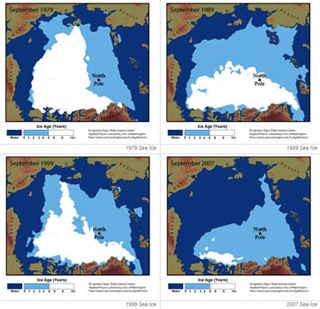Course Description
We will explore the changing political choices and ethical dilemmas of American scientists from the atomic scientists of World War II to biologists in the present wrestling with the questions raised by cloning and other biotechnologies. As well as asking how we would behave if confronted with the same choices, we will …
We will explore the changing political choices and ethical dilemmas of American scientists from the atomic scientists of World War II to biologists in the present wrestling with the questions raised by cloning and other biotechnologies. As well as asking how we would behave if confronted with the same choices, we will try to understand the choices scientists have made by seeing them in their historical and political contexts. Some of the topics covered include: the original development of nuclear weapons and the bombing of Hiroshima and Nagasaki; the effects of the Cold War on American science; the space shuttle disasters; debates on the use of nuclear power, wind power, and biofuels; abuse of human subjects in psychological and other experiments; deliberations on genetically modified food, the human genome project, human cloning, embryonic stem cell research; and the ethics of archaeological science in light of controversies over museum collections.
Course Info
Learning Resource Types
theaters
Other Video
notes
Lecture Notes
assignment
Written Assignments

The science and politics of climate change are among the topics covered in this class. This image shows the diminishing extent of Arctic sea ice coverage in September: clockwise from top left, 1979, 1989, 1999, and 2007. White shows ice greater than 5 years old, while light blue depicts thinner ice less than 5 years old. (Image courtesy of U.S. Department of Interior.)








